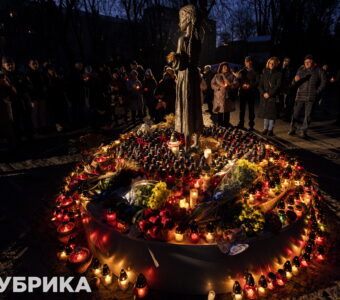Russia has inflicted nearly $10 mln in climate damage on Ukraine during 18 month of war
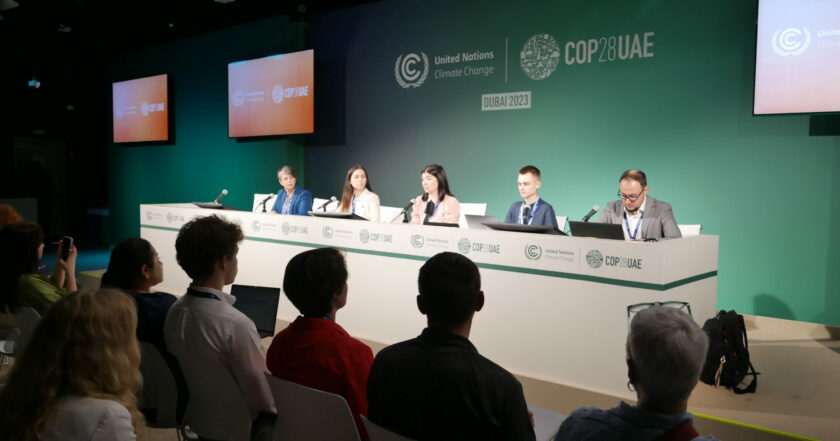
Up to 150 million tons of additional greenhouse gas emissions — equivalent to more than the annual emissions of an industrialized country like Belgium — may have been generated in the first 18 months of Russia's full-scale war in Ukraine.
The overall climate losses caused and to be compensated by Russia are estimated at $9.6 billion, Rubryka reports.
"The initial step was determining the climate losses by calculating the emissions. This aspect is usually overlooked during war, but it has a global impact and is not limited to the warring countries," says Yevhenia Zasiadko, Head of the Green Investments Department at the NGO Ecodia. "In climate negotiations (COP), it's important for parties to acknowledge the aggressor's responsibility for the climate damage caused during the war and the need to compensate for this harm. Responsibility is one of the factors that should prevent new damages and the onset of new wars."
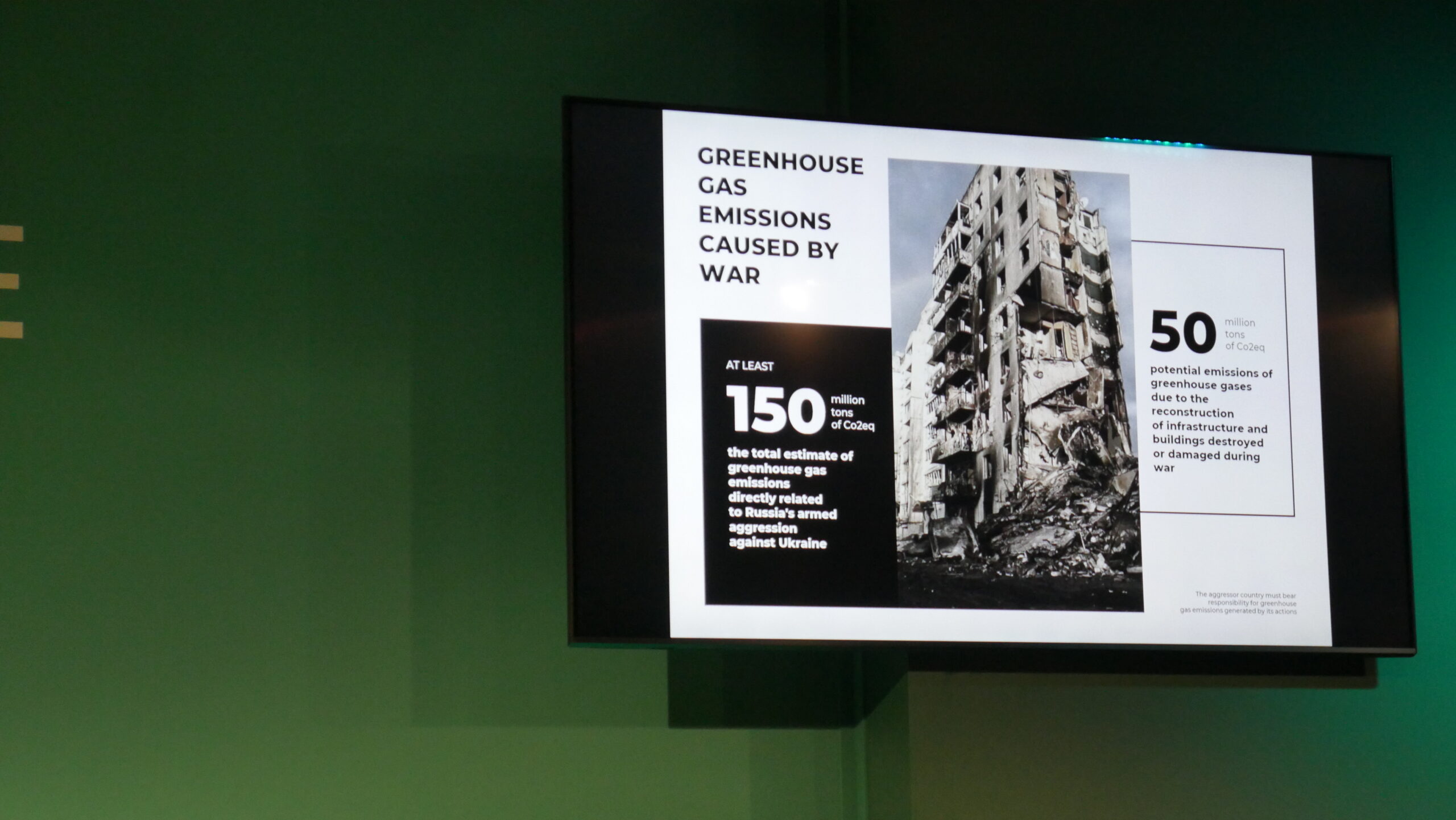
This data comes from the third interim study on climate losses caused by the Russian war in Ukraine, conducted by the War Emissions Accounting Initiative in collaboration with the Ukrainian Ministry of Environmental Protection and NGO Ecodia. The findings were presented during a special event at the COP28 climate conference.
"During the two weeks of the COP28 conference alone, combat actions could result in emissions of nearly a million tons of CO2. Since the start of the full-scale invasion, millions of tons of fuel have been transported hundreds of kilometers to sustain the death, destruction, and environmental damage inflicted by Russia on Ukraine, as well as the climate damage felt worldwide," says Mykola Shlapak, co-author of the study. "While governments attempt to address climate issues at COP28, the impact of war on climate intensifies every day due to combat, fires, carbon stock losses, infrastructure destruction, and other direct and indirect effects, including hybrid warfare tactics."
Emissions from hostilities (mostly fuel consumption) are estimated at 37 million tons of CO2e. Another 22.2 million tons are caused by fires, the number of which increased 36 times during the first year of the full-scale war compared to the 12 months before the invasion (referring to fires covering an area of more than 1 hectare).
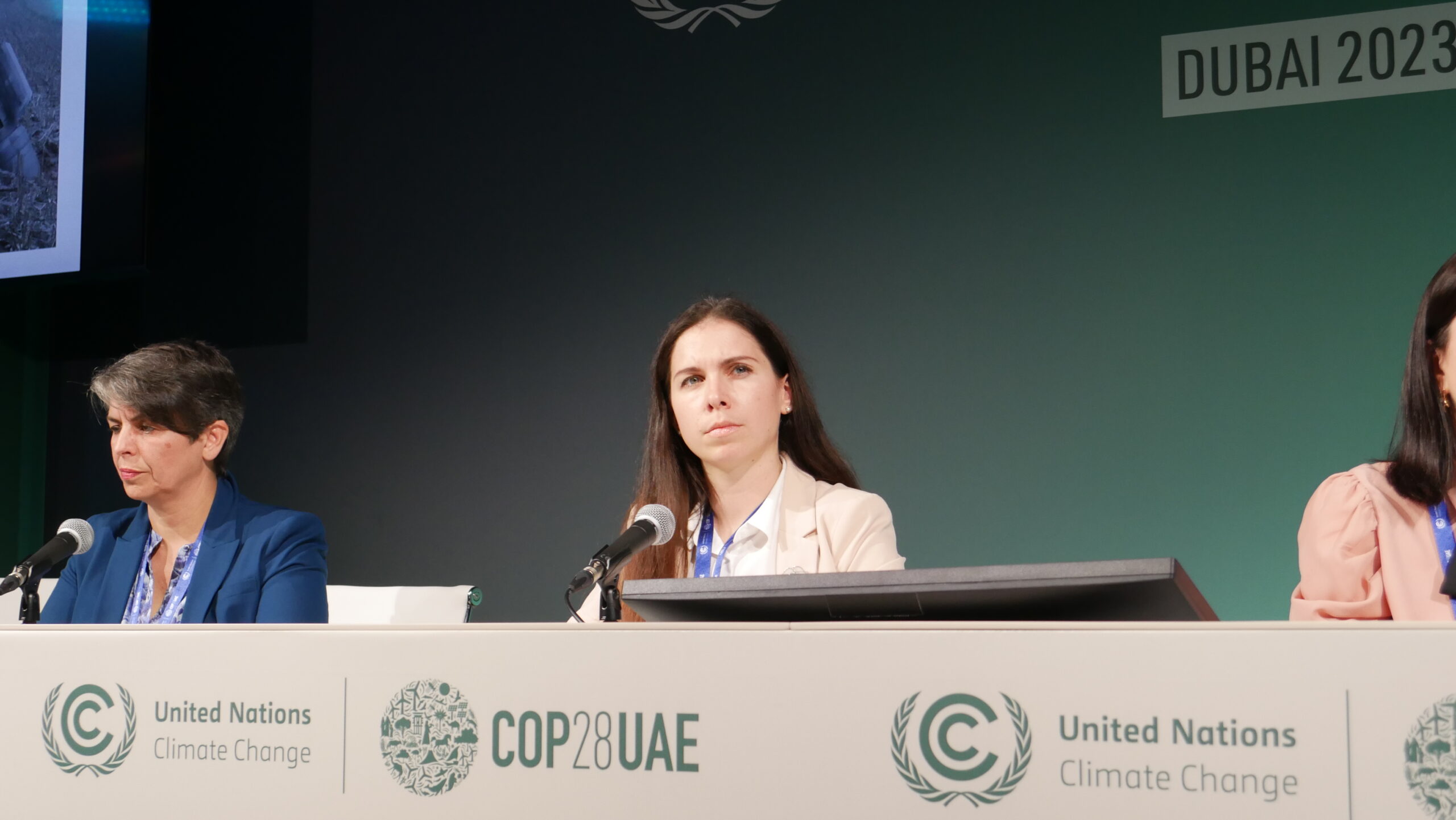
The largest source of war-related emissions is potential emissions from the post-war reconstruction of damaged and destroyed infrastructure, projected to reach 57 million tons of CO2e.
However, these emissions, especially those related to cement and steel production, can be reduced by 30% or even 50% by promoting low-carbon reconstruction.
The study authors note that Russia should be held responsible for these emissions and their climate damage. However, there is no clear way in international climate policy or international humanitarian law to compel Russia to take responsibility.
"This doesn't mean that Russia cannot be held accountable. Ukraine, together with international allies, is forming the International Compensation Mechanism to fund recovery. We believe that climate damages should be part of this mechanism and the damage registry being developed under the auspices of the Council of Europe," says Lennard de Klerk, the lead author of the study.
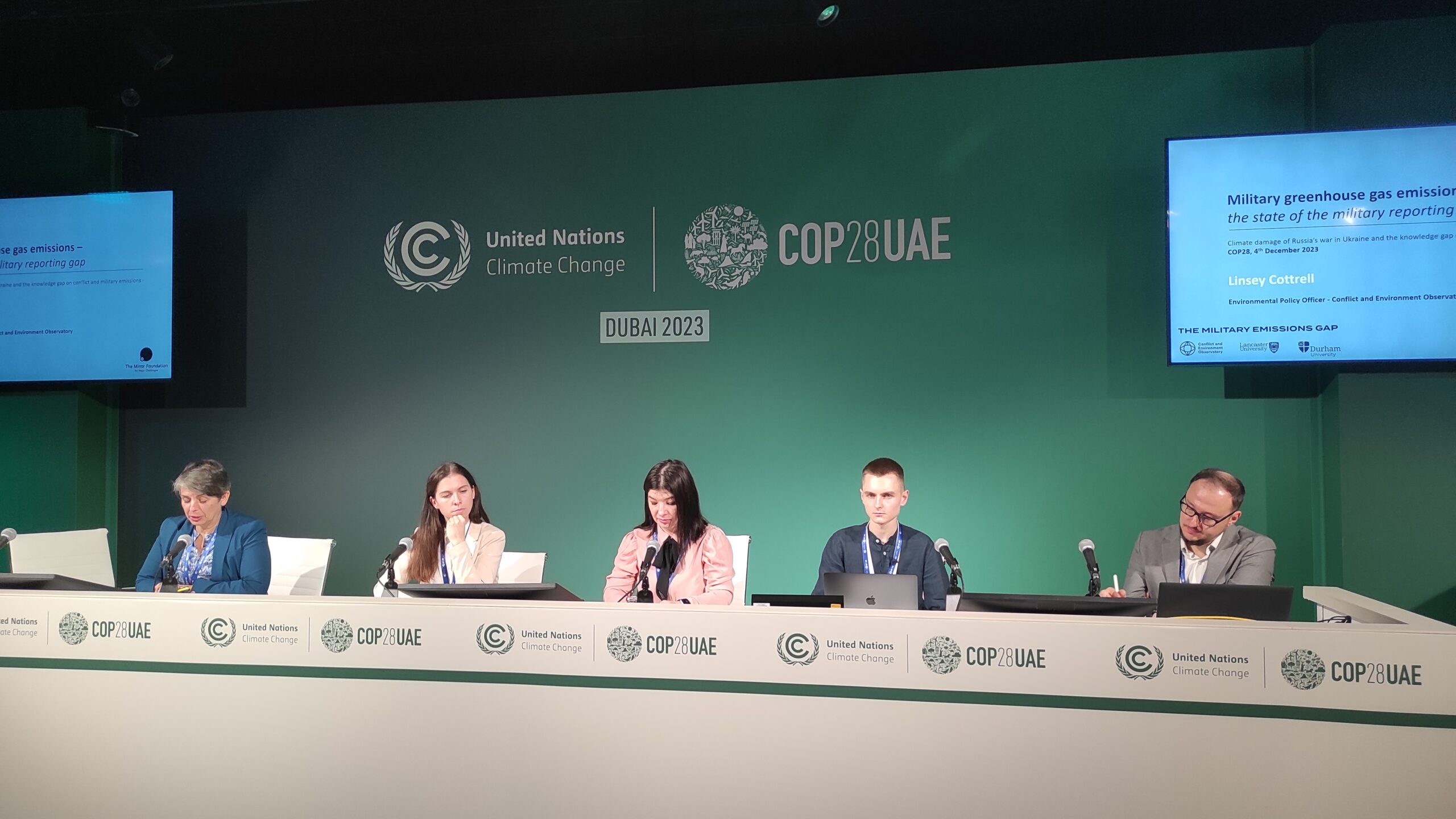
Ukraine can use compensation to mitigate climate losses caused by Russia, offsetting most of the war-induced emissions for the benefit of the global community. The most obvious way to do this is to allocate funds to restore destroyed forests and other nature-oriented solutions that absorb atmospheric emissions.
Background
The research was made possible with the support of the European Climate Fund (ECF) and the Ecological Policy and Advocacy Development Initiative in Ukraine (EPAIU), the Federal Ministry for Economic Affairs, and Climate Action of Germany through the International Climate Initiative (IKI).
Rubryka reported on November 28 that a four-day high-level international conference dedicated to the ecological recovery of Ukraine began in the Lithuanian capital, Vilnius.
Ukraine is currently investigating 271 environmental war crimes committed by the Russian Federation since the start of the full-scale war. It is also investigating 15 cases of ecocide.

UAnimals organizes international performance to raise awareness of Russia's ecocide in Ukraine

Solutions for Ukraine's "green" reconstruction: international conference in Lithuania takeaways





